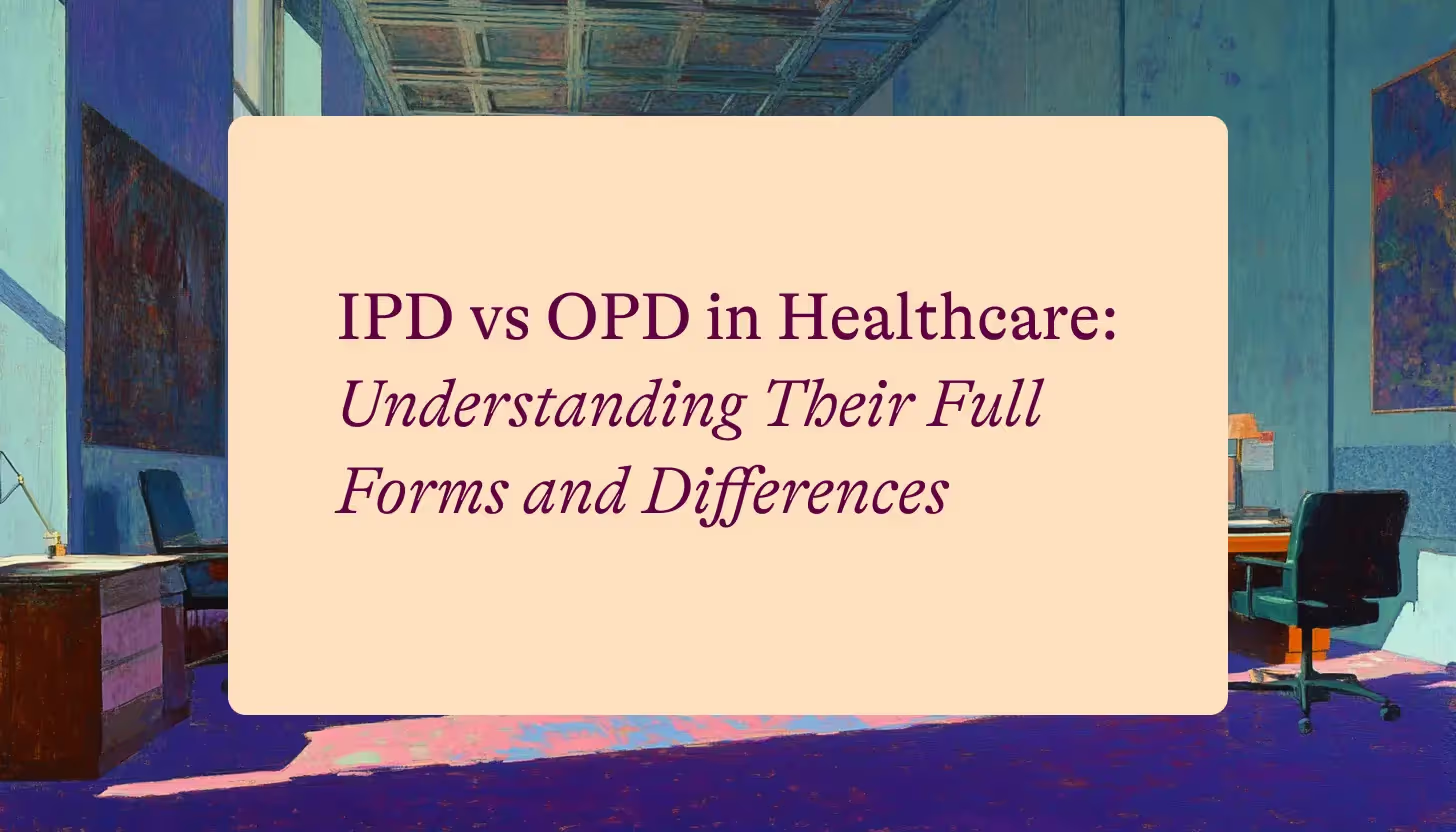Gift cards are a popular gift, and they're often given as holiday gifts. But are gift cards taxed as employee benefits? This blog looks at the tax implications of providing gift cards to employees. It examines whether gift cards are considered a fringe benefit and whether tax is owed on the gift card's value. It also looks at what constitutes de minimis benefits and whether gift cards should be offered to employees as part of their benefits package. Finally, it considers alternatives to gift cards that might be more suitable for specific situations. Read on to find out all you need about gift cards as employee benefits!
Is a gift card a fringe benefit?
Giving gift cards as gifts to employees is a widespread practice because it's easy and customizable. However, there are some potential disadvantages to this approach. For example, it can take time to determine an appropriate value for the card. Additionally, suppose the employee isn't happy with the gift. In that case, they may not use it or return it in favour of something else instead of just keeping it as a token of appreciation (i.e., money).
So, before giving gift cards to employees, weighing the pros and cons is essential. Is it worth the hassle? Is it worth the potential backlash?
Tax on gift cards
Giving gift cards as gifts to employees can be a savvy move. Not only is it a great mode to show your appreciation, but it's also tax-free. If the gift card has a value of more than $50, taxes may be levied, but this is usually dependent on the employee's specific employer. A note in the employee's gift card folder is always a good idea to ensure clarity and understanding. Gift cards make great gifts, especially during tough economic times!
What are de minimis benefits?
Giving gift cards as gifts to employees can be a popular and appreciated choice. However, giving them sometimes has disadvantages - such as taxation implications. Before making a gift card gift, it's essential to weigh the pros and cons. This includes understanding the de minimis benefits an employee may receive from the gift card. For example, is the employee likely to use the gift card within the set timeframe, or is it a gift that is appreciated? Additionally, it's essential to consult with an accountant or financial advisor if you need clarification on the tax implications of a particular gift. Ultimately, it's necessary to understand the employee's personality and what type of gift would fit them.
Should you offer gift cards to employees?
When it comes to gift-giving, should you go the gift card route or something more personal? The answer is... it depends! There are pros | cons to both, but ultimately, it's up to the individual employee whether or not they want a gift card as a present. On the pro side, gift cards are easy to transport, don't require wrapping, and can be given anonymously. They're also a great way to give someone a little bit of convenience - without going out of your way. Another advantage is that some people might not appreciate receiving a gift card instead of something more personal - like a store credit or cash. However, there are also some cons. For example, some people might find gift cards challenging or get frustrated when they need help finding the right card for the right occasion. Ultimately, it's up to you as the gift-giver to decide if gift cards are a good option for your employees!
Alternatives to gift cards
Gift cards are a popular gift, but there are a variety of alternatives that employees might enjoy. Some popular options include pre-purchased gifts, streaming services, and food items. These options can be customized for the individual recipient, ensuring they'll be happy with the present. Plus, choosing an alternative over a gift card ensures that the employee will use it! So, whichever gift you give your employees this holiday season, choose one of the many great alternatives available!
The tax implications of giving gift cards to employees
Giving gift cards as gifts to employees can be a great way to show your appreciation. However, there are tax implications to consider before handing out cards. Consult with a financial advisor or tax specialist to determine what tax laws will apply in your state. Additionally, gift card recipients may be required to include the gift card amount in their income and pay income taxes on that value.
Frequently Asked Questions
How often should I issue new gift cards to employees?
No hard and fast rule exists when it comes to issuing new gift cards to employees- it all depends on the company's specific policies and the needs of the individual employees. However, you should generally issue a new card every 2 to 3 months. Also, ensure that your company's gift card policy is followed - for example, by requiring employees to have valid identification to claim their gift card. If a card balance falls below a specific limit, you may also issue a new card immediately.
Are there any disadvantages to giving gift cards as gifts to employees?
There are a few disadvantages to giving gift cards as gifts to employees. The most significant benefit of gift cards is that they're customizable and can be used anytime. This means you can choose a gift card that's age-appropriate and appropriate for the employee's love interests or interests. Another great benefit of gift cards is that they come in handy when employees forget what they want or need - give them a card with options! This way, they don't have to worry about looking silly or lying - their boss takes care of the gift-giving for them! Plus, gift cards usually don't need to be wrapped or decorated, saving on extra expenses.
Conclusion
There are many benefits to gift cards as gifts to employees, but there are also some potential disadvantages. It's essential to weigh up the pros and cons before deciding whether or not to offer gift cards as a gift to your employees. Keep in mind that gift cards are taxable, so be sure to calculate the tax implications before giving them out. In addition, there are other alternatives to gift cards that you should consider. So, what do you think? Is gift cards a fringe benefit or an essential part of employee rewards? Let us know on Twitter.
FAQ
Q. How do companies track and manage the tax implications of distributing gift cards to multiple employees, especially in large organizations?
A. Companies use specialized software to track gift card distributions, ensuring each is recorded and taxed appropriately. This system allows for easy monitoring of the value of gift cards given to employees, facilitating compliance with tax regulations. By maintaining detailed records, organizations can efficiently manage the tax implications, reducing the risk of errors during tax filing.
Q. Can gift cards be customized for specific purposes, such as wellness or education, without changing their tax status?
A. Gift cards designed for specific uses like wellness or education maintain their tax status based on their value and usage, not their purpose. The tax implications depend on the card's value and how it's classified by tax authorities, not necessarily on what it's used for. This flexibility allows companies to offer targeted benefits while managing tax responsibilities effectively.
Q. Are there specific guidelines for documenting the issuance and use of gift cards to ensure compliance with tax regulations?
A. Yes, companies must adhere to clear guidelines for documenting the issuance and use of gift cards. This includes maintaining records of the date of distribution, the value of each card, and the recipient's details. Such documentation is crucial for tax compliance and must be readily available for audits. Following these guidelines helps companies ensure transparency and adherence to tax regulations, safeguarding against potential issues with tax authorities.
.avif)










.avif)














